The Ministry of Environment, Urbanization and Climate Change plans to build a total of 500,000 social housing units across 81 provinces through the Housing Development Administration (TOKİ). According to the ministry’s statement, the project aims to make housing more accessible for low-income citizens and to strengthen the stock of safe buildings in areas at risk of natural disasters.
The housing units will be 55, 65, and 80 square meters in size. In Anatolian provinces, the sale price of 55-square-meter apartments is set at around 1.8 million TL. With a 10% down payment and a 240-month installment plan, monthly payments are expected to start from 6,750 TL. Additionally, for the first time, a “rental social housing” model will be implemented in Istanbul as part of the project.
A housing investment of this scale could create significant demand potential for the iron and steel industry. Considering that several tonnes of rebar are used in the construction of each housing unit, the project could generate additional demand of hundreds of thousands of tonnes of steel overall. For domestic producers, this implies higher capacity utilization rates and greater production stability in the domestic market.
Since the project will be carried out nationwide, it will also introduce new dynamics in steel supply and logistics planning. Demand is expected to rise not only in major industrial centers but also in cities across Anatolia. In this context, producers and distributors may need to strengthen their logistics networks and reorganize regional delivery plans.
The goal of constructing earthquake-resistant housing will highlight the importance of quality, strength, and certification standards in steel products. This could encourage manufacturers to expand their product range and promote the use of certified and traceable steel materials.
However, if demand rises rapidly, upward pressure on steel prices is likely. Factors such as raw material (scrap and billet) costs, energy expenses, and production capacity will play a decisive role in future price movements. If domestic supply falls short of meeting demand, import needs — and related exchange rate risks, could come into play.
According to experts, the project could provide not only a short-term boost in sales but also a more predictable base for domestic demand in the medium term. This could serve as a stabilizing factor for producers affected by fluctuations in export markets.
In conclusion, the 500,000 social housing project planned across 81 provinces will support construction activity in Türkiye while creating new demand, production, and logistics opportunities for the iron and steel industry. The sector is expected to adapt its production planning, raw material supply, and quality standards to current market conditions throughout the process.


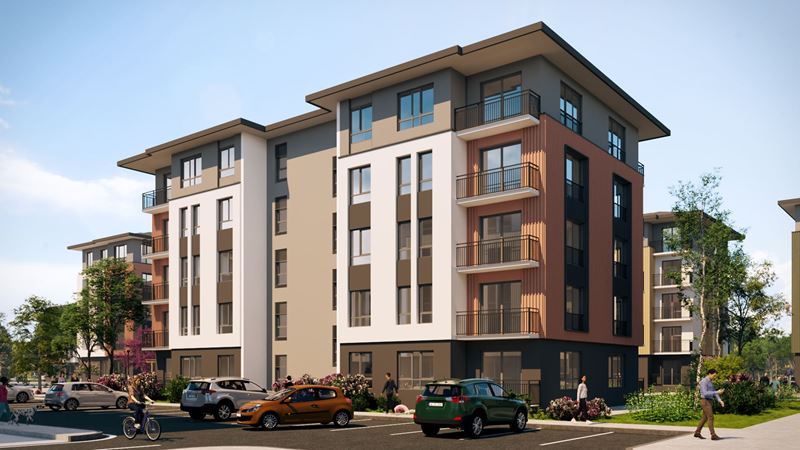

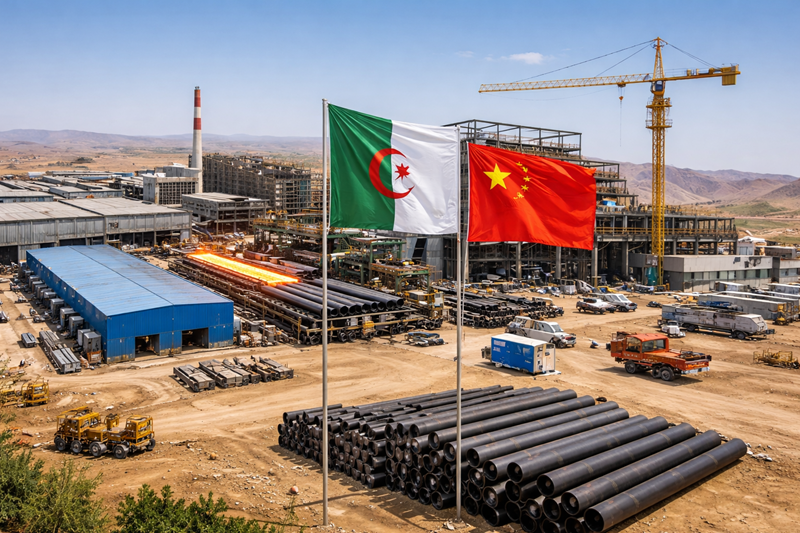
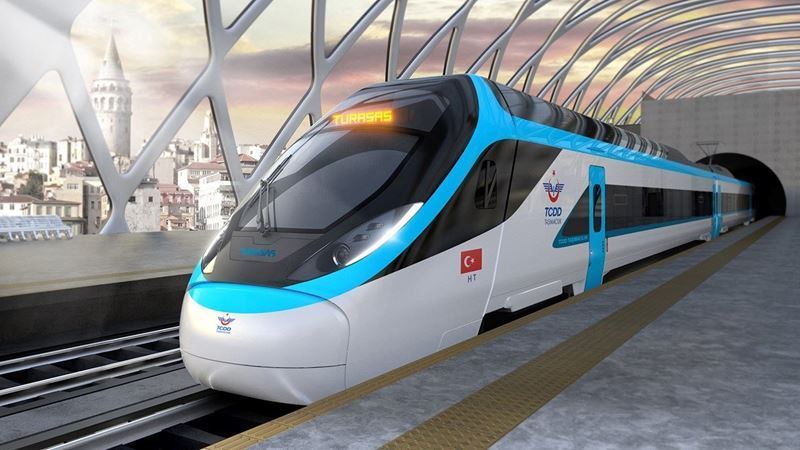
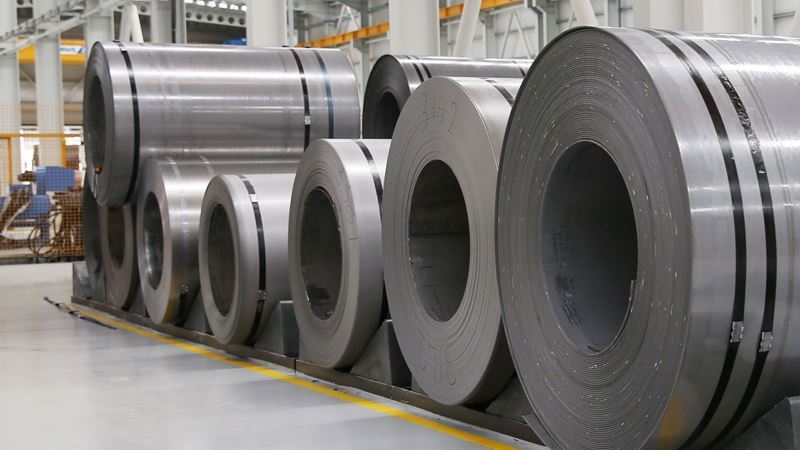

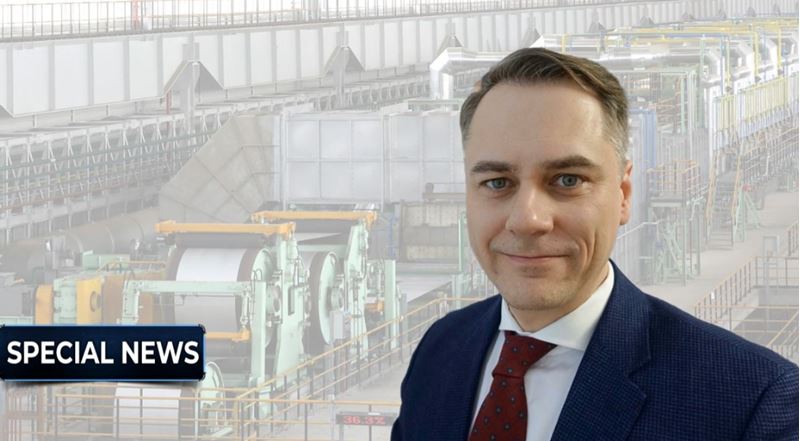


Comments
No comment yet.